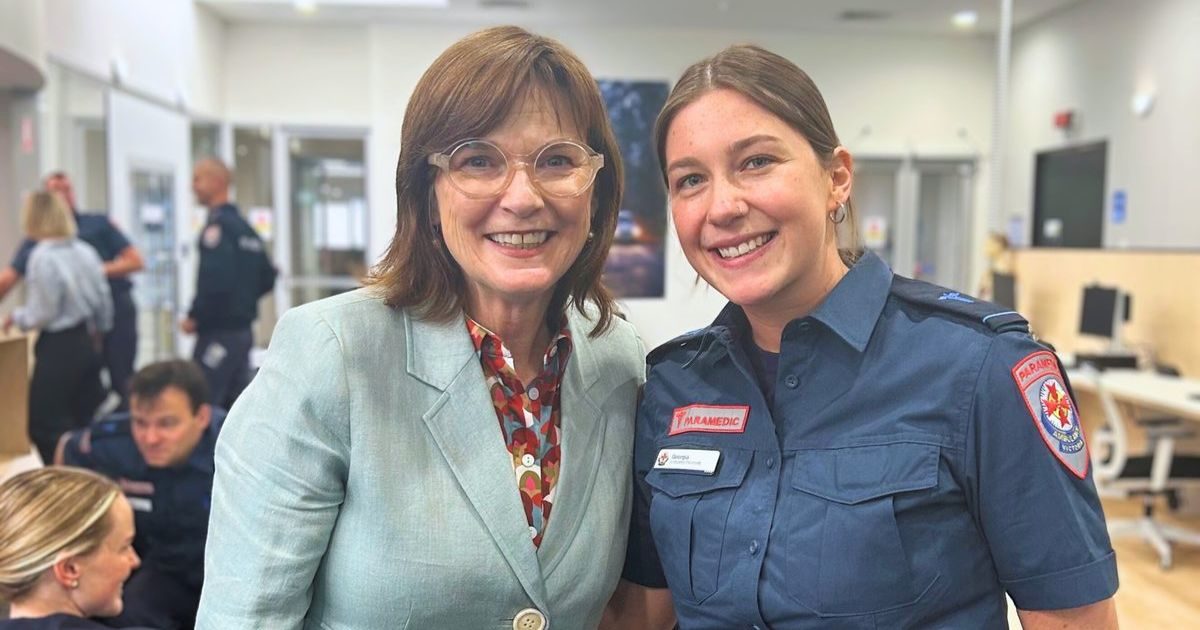Yo-Chi and the diminishment of the third place

Providing young people with a space to connect and enjoy each other's company is important in combatting feelings of anxiety and depression.
On any given evening, in shopping centres across the country, you might be pleased to find young people gathered chatting, laughing and maybe even enjoying a sweet treat.
But its more than likely they won’t be on their phones, they will be enjoying each other’s company.
They’ll be enjoying some Yo-Chi.
Yo-Chi locations have become vibrant hubs for young people, who gather around the self-serve frozen yoghurt counters to chat, eat, and socialise. The appeal lies not just in the delicious yoghurt but in the chance to meet and unwind in an era when opportunities for young people to gather have dwindled. The phenomenon is reminiscent of pre-social-media days (which now seem distant) when young people went out to find community and action. Many now regard their local Yo-Chi as a “third place”- a neutral, welcoming environment outside home and work, which is rare in modern western culture.
Historically, places such as bars, cafes, video game arcades and shopping malls filled this role for youth, but rising rent and operation costs have priced out both businesses and young customers. With fewer traditional gathering spots, social media or online gaming platforms became the fallback. Additionally, religious institutions and community centres, once alternative third places, no longer attract young people at the same rate.
Financial and logistical barriers also limit young people’s access to social venues. For instance, the cost of social outings – whether for food, drink, or entertainment – often far exceeds what a teenager or young adult can reasonably afford. As in-person gatherings become less accessible, young people naturally turn to social media and other online forms of gathering such as gaming for connection, reducing face-to-face interactions and contributing to a sense of isolation. This shift to online forms of community is more of a response to barriers that are now in place which prevent real connection, rather than a lack of desire for in-person socialising.
Research on the loneliness epidemic underscores the mental health impact of reduced social spaces, considering those without a third place are 60 per cent more likely to experience symptoms of anxiety or depression highlighting the need for accessible, casual meeting places.
The importance of a third space for youth can’t be understated, in a world of increasing technological reliance and isolation, providing young people the means to connect in person is paramount. Yo-Chi’s success demonstrates the potential of youth-oriented, affordable social spaces in enhancing mental well-being by providing safe places to connect. As this model gains traction, it may inspire other businesses to create similar spaces, addressing the need for accessible, in-person social venues for young people in an increasingly isolated world.

















